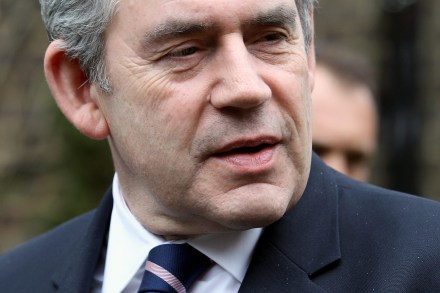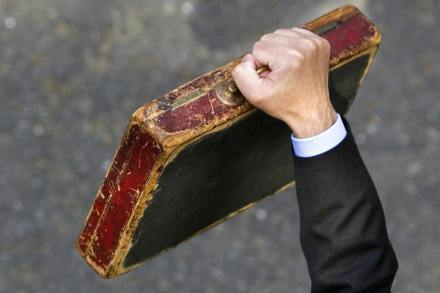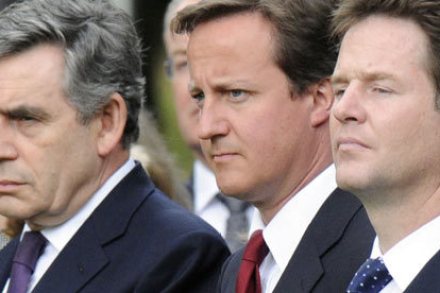The Budget will be on 24 March
So now we know. Gordon Brown has just announced that the Budget will be on 24 March – which strongly implies an election date of 6 May. Brown could dissolve Parliament on 6 April, the manifestos would be published on 12 April, and then we’d be into the campaign proper. Which means even more speeches, polls and dread speculation than we’re getting now. As for the Budget’s general flavour, we’ll probably get an idea of that today, too. Brown’s currently giving a speech in which he’s brushing over recent tremors in the markets, to say that we are “weathering the storm; now is no time to turn back”. Which comes


















